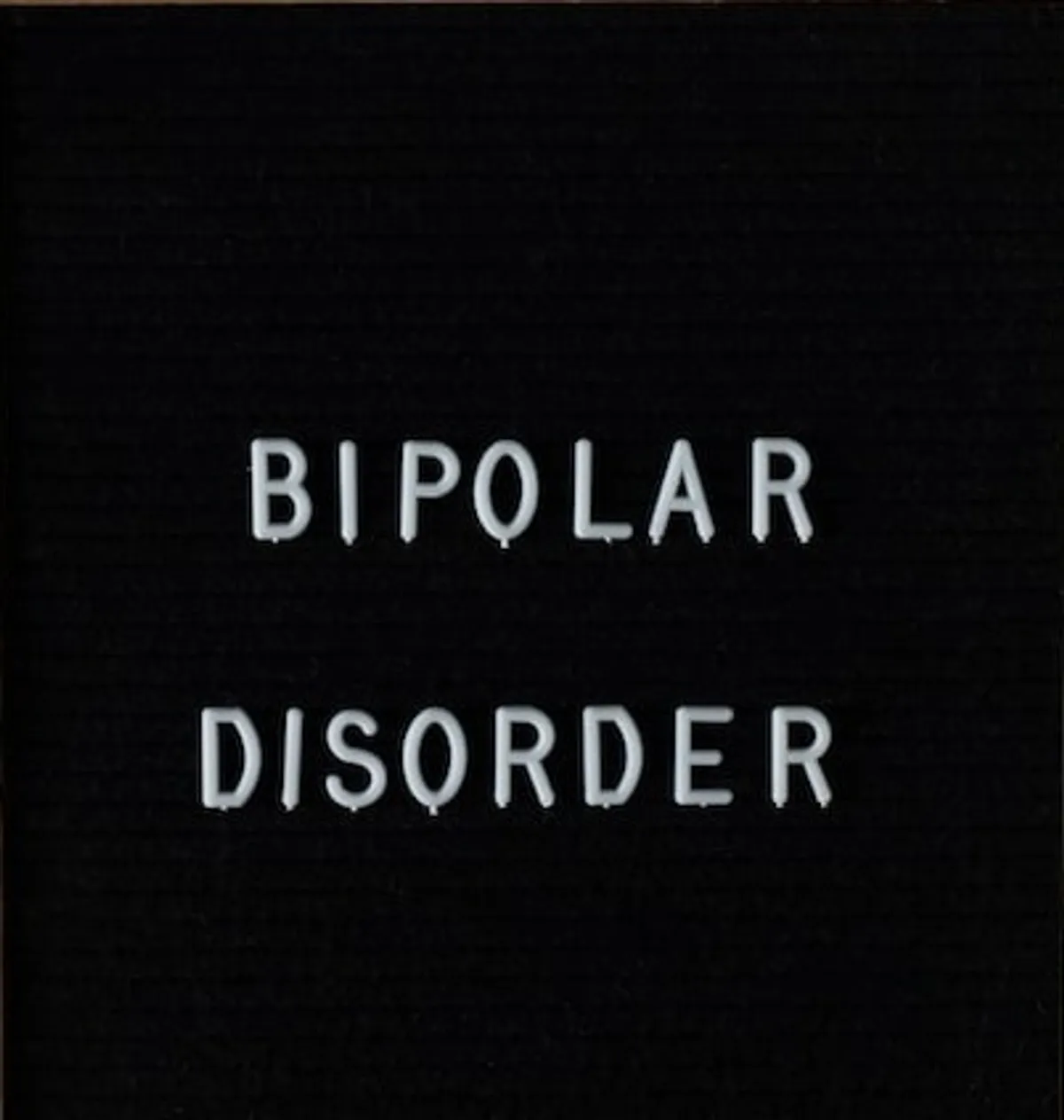Bipolar disorder (BD) is one of the most commonly diagnosed mental health disorders in America. According to the National Institute of Mental Health (NIMH), An estimated 2.8% of U.S. adults had bipolar disorder in the past year." BD is also one of the most common co-occurring conditions alongside substance use disorder (SUD). The Redpoint Center uses evidence-based methods, including psychotherapy and prescription medications, to treat bipolar mood disorder and SUD.
What Is Bipolar Mood Disorder?
Bipolar disorder is a mood disorder involving mild to severe episodes of mania and depression. Often, untreated manic and depressive episodes fall into a cycle lasting weeks, months, or years. The disorder may impact all areas of a person's life, including their ability to function day to day.
There are multiple types of bipolar disorder, including:
- Bipolar I: individuals experience at least one episode of severe mania and at least one depressive episode
- Bipolar II: recurrent cycles of hypomania and depression
- Bipolar Disorder With Mixed" Features: individuals experience manic and depressive symptoms simultaneously
- Rapid Cycling Bipolar: individuals experience at least four distinct cycles of mania and depression within a 12-month period
- Cyclothymia: a less severe version of bipolar characterized by repeated cycles of emotional ups" and downs"
Unspecified and seasonal BD affects a large portion of individuals with SUD. The symptoms of bipolar disorder complicate recovery from SUD if left untreated. Every type of bipolar disorder presents differently and requires a slightly different treatment approach. An accurate diagnosis is essential to ensure clients receive the right level of care.
Potential Risk Factors
Some known risk factors for developing BD include:
- Substance abuse
- Chronic or acute stress
- Genetics
- Major depressive disorder (MDD), post-traumatic stress disorder (PTSD), and other mental health disorders
Anyone can develop bipolar disorder regardless of gender, age, or socioeconomic status. Individuals who have a close family member diagnosed with BD have a higher likelihood of experiencing the disorder.
How to Recognize the Signs of Bipolar Mood Disorder
Bipolar disorder presents differently for everyone, making it a complex disorder to diagnose accurately. Often, people do not recognize the signs of BD until they seek treatment for a separate health issue. However, identifying potential signs of BD and other mental health disorders gives people an opportunity to get help before their condition progresses and causes severe side effects.
Due to the polar opposite nature of the different mood cycles related to BD, some people may not recognize the connections. Some potential signs of BD include:
- Extreme and unexplained shifts in energy levels and mood
- Sleep disturbances
- Abrupt changes in appetite leading to significant weight loss or gain
- Extreme self-confidence and self-assurance followed by very low self-esteem and self-worth
- Substantial fluctuations in productivity and ability to function
The depressive and manic episodes may be distinct or mixed depending on the type of BD a person is diagnosed with and how symptoms manifest for the individual. Extreme changes in temperament, energy levels, and sense of self may indicate someone has a form of bipolar disorder.
Common Co-Occurring Disorders
Bipolar disorder often co-occurs with other conditions. If someone in treatment has multiple disorders, it impacts how clinicians approach their care.
Some of the most common co-occurring disorders diagnosed alongside BD include:
- Generalized anxiety disorder (GAD) and other anxiety disorders
- Borderline personality disorder (BPD) and other personality disorders
- Eating disorders (EDs)
Mood disorders like BD are prevalent among individuals with SUD. Although these disorders may contribute to one another, they can also develop independently. Treatment should address all active disorders. According to Addiction Science and Clinical Practice, Treating patients' co-occurring mood disorders may reduce their substance craving . . . and enhance their overall outcomes."
Treatment Options for Bipolar Mood Disorder at The Redpoint Center
The Redpoint Center offers various treatment options, including partial hospitalization (PHP), intensive outpatient (IOP), and outpatient programs. Clients choose the level of care they need to successfully address mild, severe, persistent, or complex BD and SUD.
Some of the therapeutic modalities and services provided to clients at every level of care include:
- Adventure therapy
- Activity therapy
- Anger management
- Acceptance and commitment therapy (ACT)
- Accelerated resolution therapy (ART)
- Biofeedback
- Cognitive-behavioral therapy (CBT)
- Dialectical behavior therapy (DBT)
- Drama therapy
- Eye-movement desensitization and reprocessing (EMDR)
- Experiential therapy
- Exposure and response prevention (ERP)
- Gestalt
- Mindfulness-based stress reduction (MBSR)
- Motivational interviewing (MI)
- Neurofeedback
- Relapse prevention education
- Somatic experiencing
The Redpoint Center also offers alternative therapies, including meditation, yoga, and breathwork, to help clients achieve and maintain emotional stability during treatment for co-occurring SUD and BD. The care team has decades of combined experience helping clients establish sobriety and positive mental health.
A Personalized Approach to Care
The clinical team uses a personalized approach to care, combining various treatment options to ensure clients can access the resources, tools, and services they need to manage their condition. Clinicians guide clients and their loved ones through the process of learning to manage bipolar disorder to ensure they feel confident transitioning out of treatment.
Often, people in treatment for substance abuse have co-occurring mental health disorders. Bipolar disorder is one of the most common dual diagnoses. Treatment for bipolar disorder is tailored to the unique needs of each client. BD has many potential symptoms and side effects. The care team prioritizes addressing known issues related to manic or depressive episodes. The Redpoint Center offers a wide range of treatment modalities to address the impact of BD symptoms. We may refer some individuals to a higher level of care if their BD symptoms put them at risk of harming themselves or others. To learn more about our programs and how we help people manage co-occurring SUD and BD, call our office today at (303) 219-0973.
